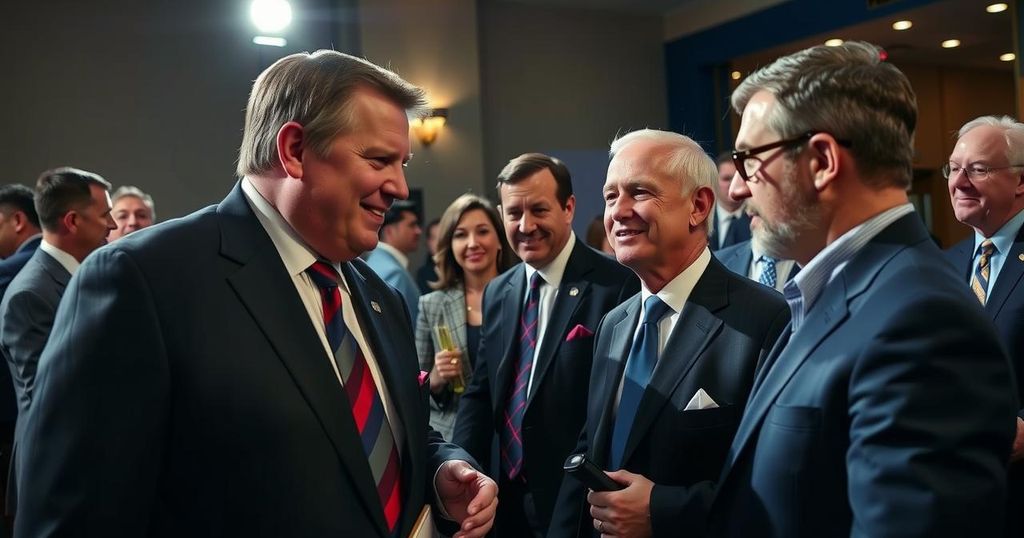Election officials are consistently challenged by misinformation shared by Elon Musk on the social media platform X. Despite their efforts to refute his claims—often to significantly lesser audiences—officials underscore the distraction caused by such narratives at a time when maintaining election integrity is crucial. Notably, Michigan Secretary of State Jocelyn Benson succeeded in matching Musk’s reach with her response about voter registration in the state.
Election officials across the United States have increasingly found themselves confronting misinformation disseminated by Elon Musk on his social media platform, X (formerly Twitter). Recently, Mark Coakley, the registrar for Henrico County in Virginia, encountered this challenge when Musk reposted a misleading 2023 tweet alleging fraudulent votes had been discovered in his jurisdiction during the 2020 presidential election. Coakley quickly responded via the county’s official X account, clarifying the inaccuracies in Musk’s claims. However, despite Coakley’s effort, his rebuttal significantly lagged in reach compared to Musk’s original post, garnering under 100,000 views against Musk’s 27.7 million. Musk’s influence is evident as he boasts 200 million followers on X, rendering the responses from election officials relatively ineffective in countering the spread of disinformation. In another instance, after Musk shared a tweet suggesting that thousands of voters registered at the same address, Philadelphia County Commissioner Seth Bluestein attempted to counter the narrative, yet his reply attracted less than 10,000 views compared to Musk’s nearly 10 million. Even within Republican circles, officials like Stephen Richer in Maricopa County, Arizona, have attempted to engage Musk, offering to assist with educational resources regarding election processes. Sam Woolley, a disinformation researcher, characterized Musk’s engagement as leveraging his platform to promote misinformation that bolsters his political affiliations. As election officials grapple with combating these narratives, experts like Larry Norden from the Brennan Center for Justice express concern that addressing Musk’s misinformation could detract from their essential functions related to administering elections. Norden emphasized the burden placed on officials, describing their necessity to respond to lies propagated by a powerful figure such as Musk as distracting. On an encouraging note, Jocelyn Benson, Michigan’s Secretary of State, managed to not only counter Musk’s claims about voter registration but also achieve higher engagement on her response than Musk’s original statement. In her rebuttal, Benson stated, “Let’s be clear: @elonmusk is spreading dangerous disinformation. Here are the facts: There aren’t more voters than citizens in Michigan. There are 7.2 million active registered voters and 7.9 million citizens of voting age in our state.” This case exemplifies the ongoing dueling narratives surrounding misinformation in the electoral process, where the reach of individuals like Musk presents unique and pressing challenges for election officials.
The intersection of social media and misinformation has emerged as a significant concern for election officials, particularly as social media platforms become primary sources of information for voters. Given Elon Musk’s prominence and extensive following, his posts have considerable potential to influence public opinion and propagate false narratives regarding election integrity. Misinformation thrives in the digital age, compelling officials to urgently respond to clarify facts and protect the integrity of electoral processes.
In summary, the ongoing confrontation between election officials and misinformation propagated by Elon Musk illustrates the complexities of maintaining electoral integrity in the social media landscape. Despite the challenges posed by misleading tweets, officials continue to endeavor to provide accurate information and combat falsehoods in a digital arena where their voices often lack the same amplification as those of influential figures.
Original Source: abcnews.go.com






